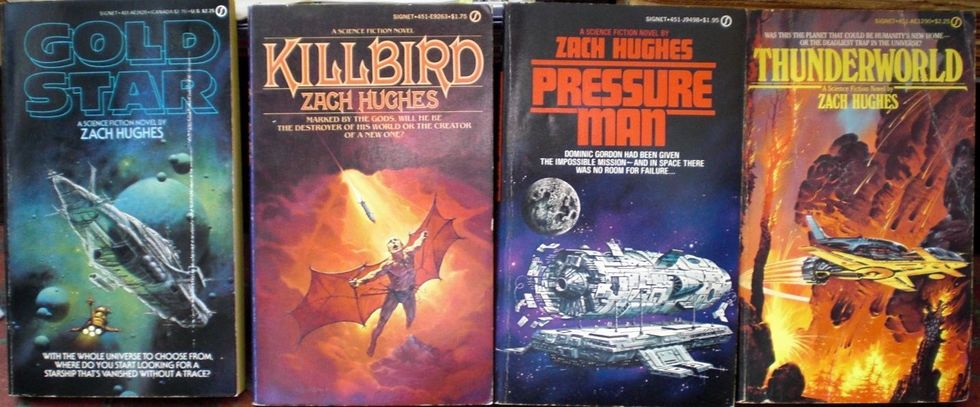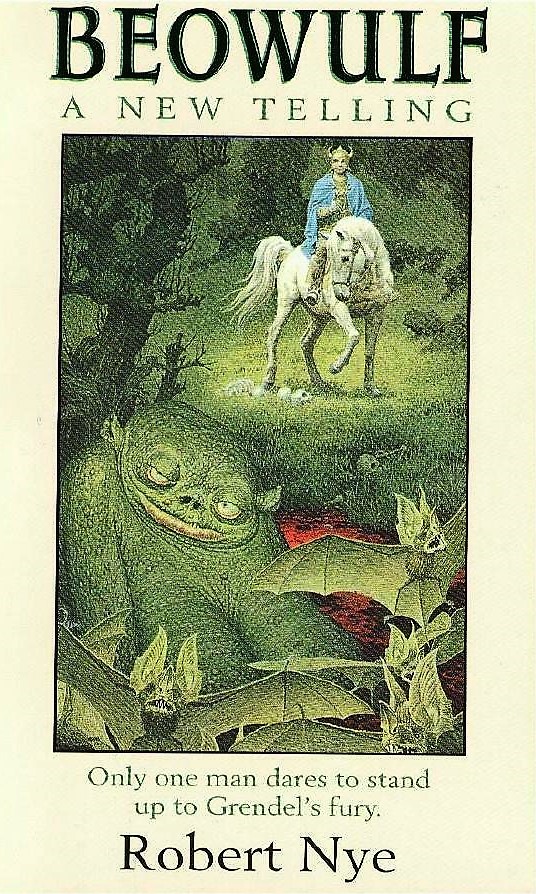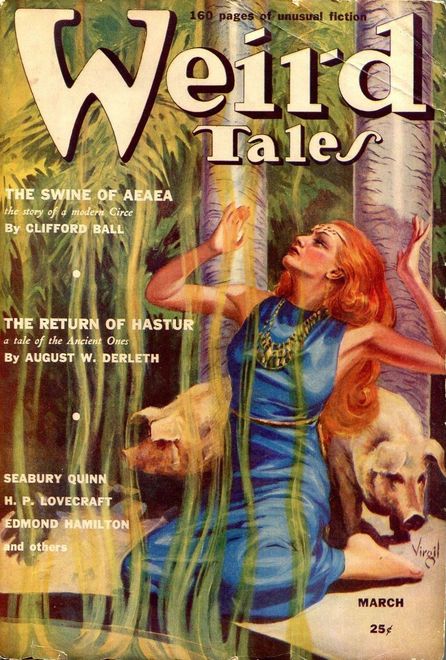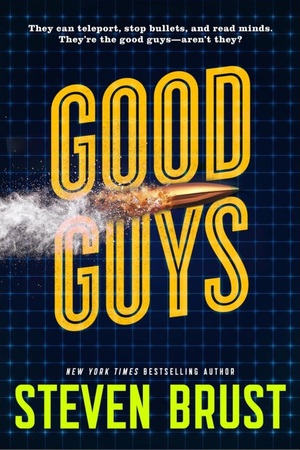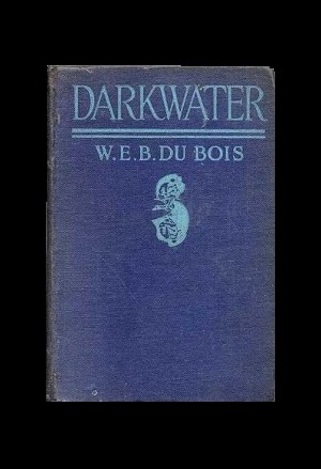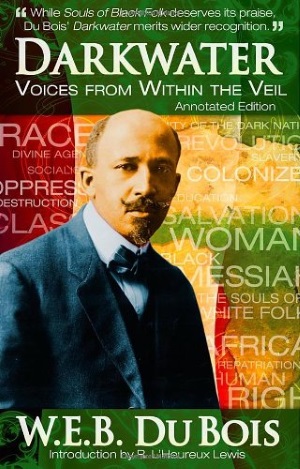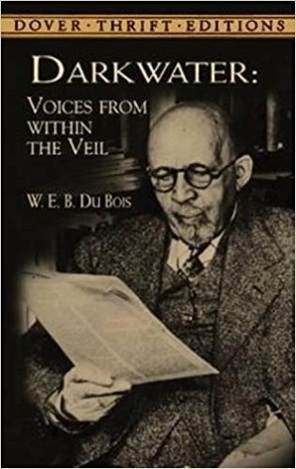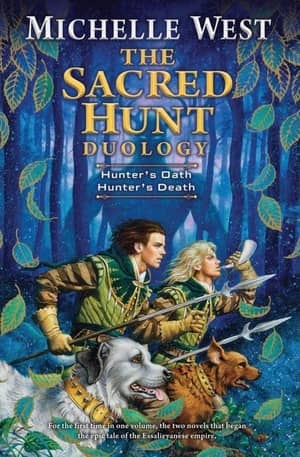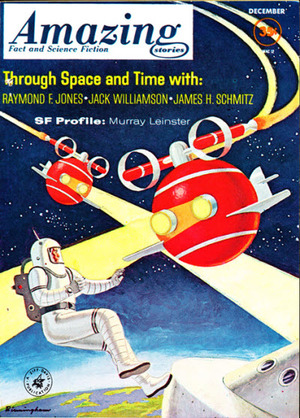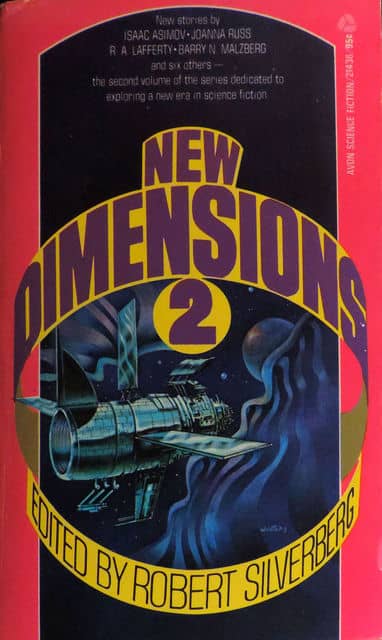Green Girls and Planet Texas: The 70s Science Fiction of Zach Hughes
The Signet science fiction novels of Zach Hughes
Zach Hughes’ For Texas and Zed (1976) was one of the very first science fiction novels I ever read, at the tender age of twelve. I probably plucked it from the paperback spinner in the PX on Rockcliffe airbase in Ottawa in the fall of ’76, shortly after we arrived from Nova Scotia — the same place I bought A.E. van Vogt’s Slan a few weeks later. The description on the back of For Texas and Zed was precisely the kind of thing that would have appealed to me at the age of 12, even if I was a little vague on where Texas was, exactly.
Spacemen from Texas on Earth had settled this remote planet centuries ago. While the rest of the galaxy was being divided between two vast warring empires, Planet Texas preserved its independence, created its own unique civilization, developed its own advanced technology. But now all that Planet Texas was and all that it believed in were threatened, as the super-powers of space moved in for the kill.
I was still figuring out what science fiction was all about at the time. But even at 12, I knew For Texas and Zed wasn’t a very good novel (even if if did contain the very first sex scene I ever encountered, with a casual description of female nipples that’s still scorched into my brain four decades later). Slan proved to be a much better book, and I gladly searched out more by A.E. van Vogt. But I never read another Zach Hughes novel (though it’s possible I did furtively flip through them in book stores, on the lookout for the word “nipple.”)
